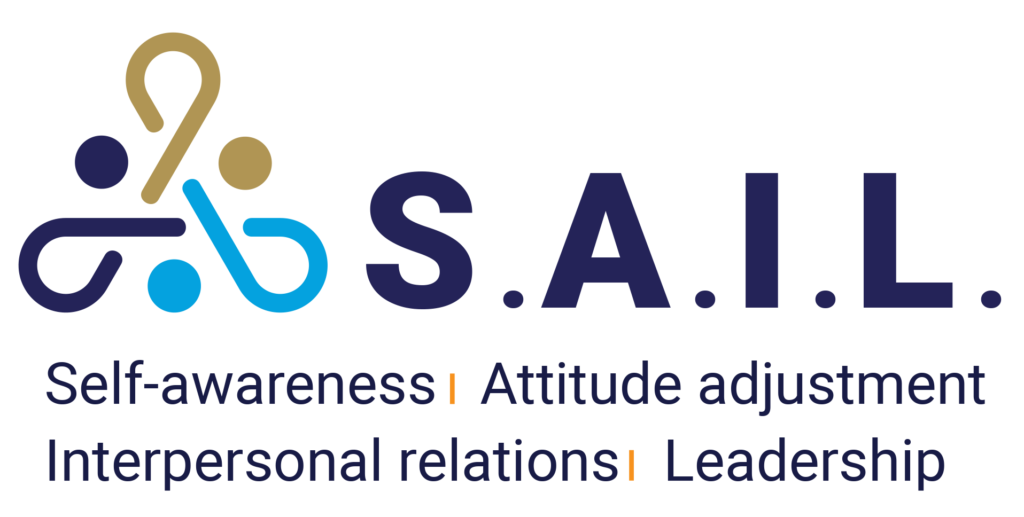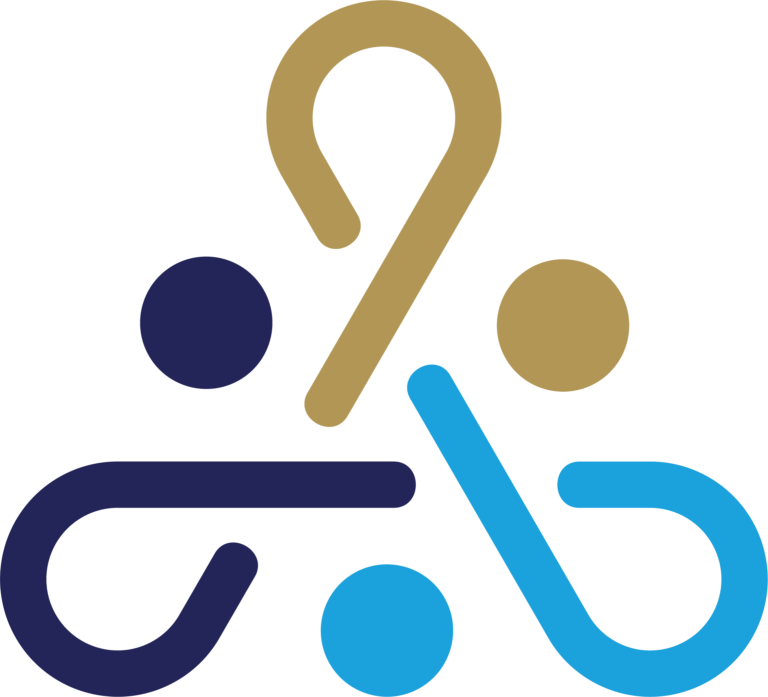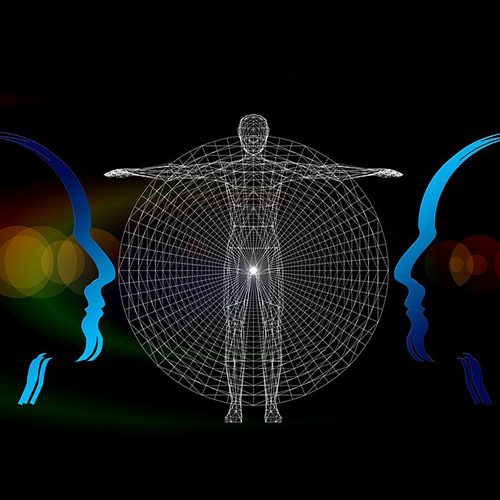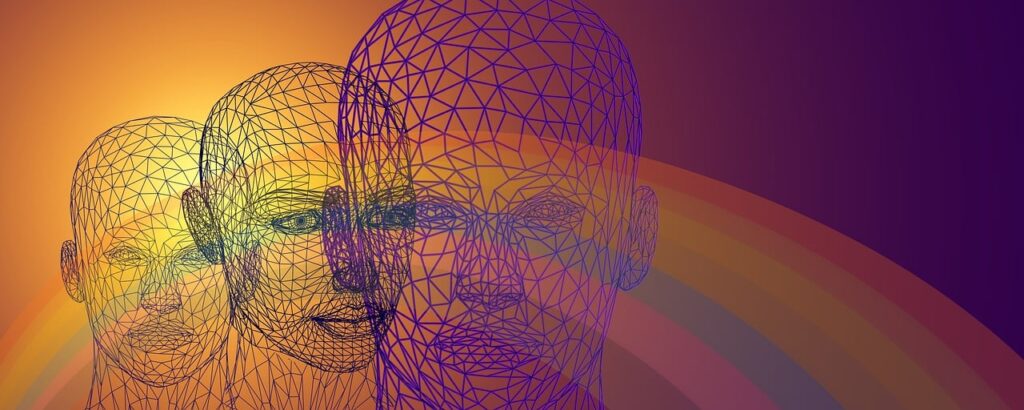

What is S.A.I.L?
SAIL is a Human Relations soft skills training approach that emphasizes self-awareness, attitude adjustment, interpersonal relations and leadership.
SAIL is based on the idea that all human decisional behavior is self-derived and determined from within the individual. Consequently, it is the individualized abstract qualities of a person that must be targeted in order for change in behavior to occur in personal, family, social, business or organizational settings.


How Does S.A.I.L. Training Work?
SAIL operates on the premise that change moves from an individual to group direction of influence. As such, it is individual change that influences group outcomes. In this regard the foundation of all soft skill training success relies on targeting individual change. Team building, conflict management, emotional intelligence, customer relations, effective communication and personal development, all depend on internal decisional processes.
S.A.I.L Training Components
Self-awareness
The SAIL Model of human relations soft skill training is initiated and grounded in the development of self-awareness. This provides trainees the opportunity to understand their own importance and their impact on the world and others around them. Leading with self-awareness allows persons to gain perspectives of themselves, take responsibility for their actions and pre-assess how their personal decisions affect themselves, family, team, organization and the general social world.
The self-awareness module includes aspects of self-concept, self-esteem, determining purpose, personality identification, understanding concepts of love, care and compassion as well as personal branding. Important latent elements include, critical thinking, introspection, reflective behavior and the basis for engaging in self-regulation for successfully interacting with others.

Attitude Adjustment
The attitude adjustment component of SAIL builds on the notion that the self-aware individual is potentially more ready to make attitudinal changes to their beliefs, values, feelings and other strong mental predispositions in positive consideration of others. Aspects of the attitude adjustment module include defining attitudes, discovering sources of attitude, values, diversity sensitivity and personality testing.


Interpersonal relations
Following from the self-awareness and attitude adjustment components SAIL training builds on these abstract, personally individual foundations by applying them to an emphasis on meaningful interpersonal relations. Modules include, communication, emotional intelligence, conflict management and team working.

Leadership
The SAIL training sequence concludes with elements of leadership and promotes the idea that every person is a potential influencer and must be responsible for their influences on others. The module looks at leadership as influence, analyzing leadership, transformational leadership styles, motivation, ethics, team building and problem solving.
Benefits of S.A.I.L. Training

Power your organization with SAIL.
Use SAIL to increase employee performance, improve client perception, stimulate repeat transactions, enhance internal and external customer interactions and boost corporate social responsibility through human relations.
Enrich your life with SAIL
Use SAIL for personal and professional development. Discover your true self, become more self-aware, build your esteem, realize your importance and maximize your potential.
Strengthen your influence with SAIL
Use SAIL to sharpen your relational skills. Manage conflict, heighten emotional intelligence, communicate effectively, embrace diversity sensitivity, harness influence and leadership abilities.
Establish reputation and credibility with SAIL
Use SAIL to gain high quality reputable soft skill certification. Become more effective in work and social interactions, reduce the need for specific non-targeted soft skill training, demonstrate high efficiency with conscious and conscientious engagement in human relations soft skill matters.

